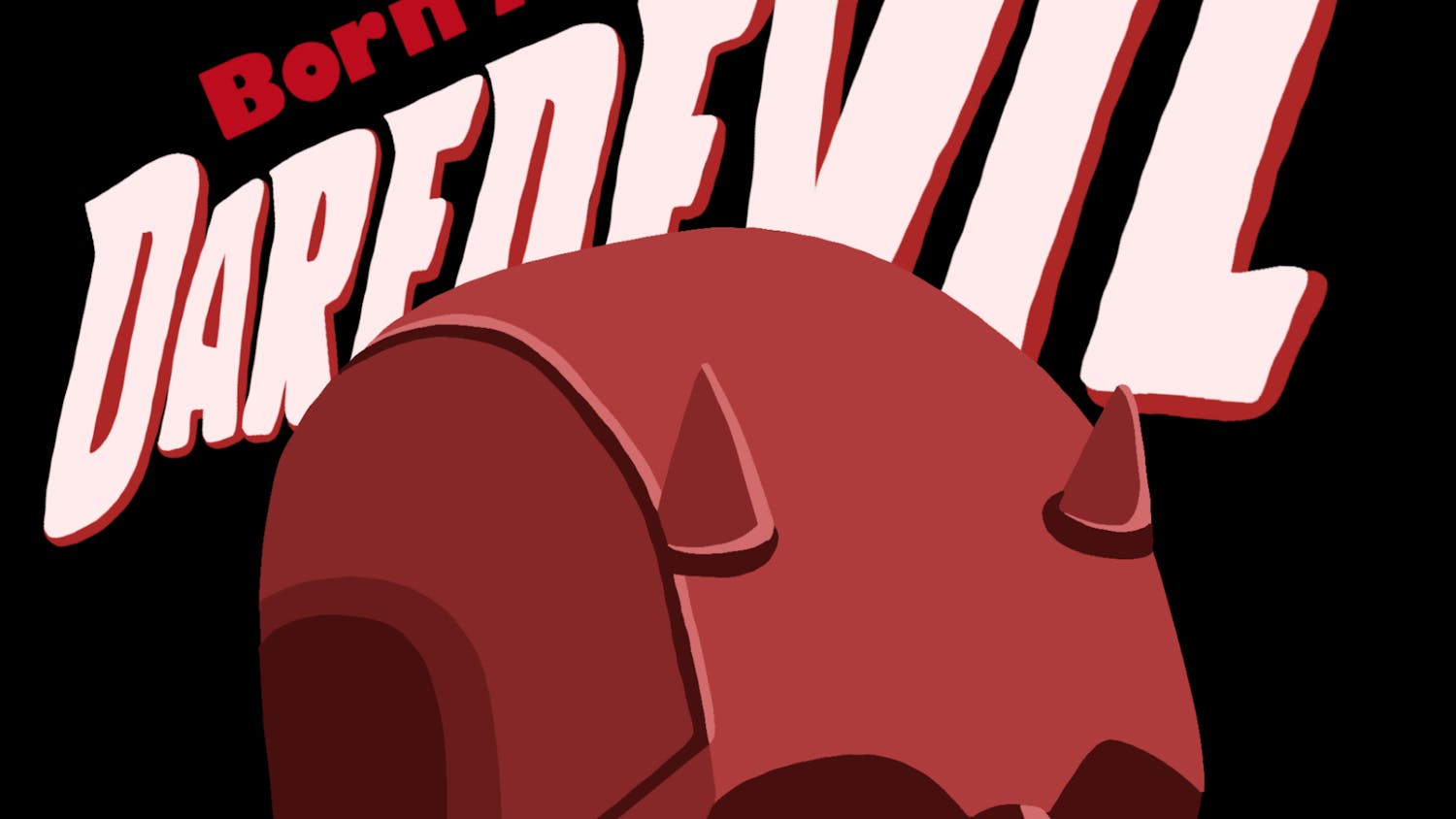On Feb. 25, the “Call Her Daddy” podcast hosted by Alex Cooper released an interview with Monica Lewinsky, the former White House intern most known for her affair with former President Bill Clinton in the late 1990s. The scandal led to mass criticism of her sexuality, appearance and led to Clinton's impeachment.
Now, almost three decades later, Lewinsky is in a new era of her life, attempting to reclaim what was taken from her during the scandal: her image, her career and her voice.
Cooper brings a fresh perspective to the story in this podcast episode, as she and some of the podcast viewers may have been too young to understand the magnitude of the situation. Despite the potential risk of Lewinsky being on the podcast, the episode resulted in a conversation about power dynamics and treatment of women in the media.
The interview began with a solo segment from Cooper recapping the scandal for her audience. Clinton was 49 at the time of the affair. He was married to his current wife Hillary Clinton when he began having a relationship with Lewinsky, who was only 22 at the time. The affair went on for two years before being publicized.
Cooper explained how Lewinsky was relentlessly sexualized and criticized by the media and expresses frustration in that the clear age gap and abuse of power by the president was not the forefront of the scandal at the time.
“Unfortunately, as women, we are way too familiar with the double standards of how men get treated in this world versus how women get treated,” Cooper said. “While Bill Clinton still gets to embrace and enjoy his life in the public eye, Monica has spent years working through the lasting effects of this trauma. So now it is Monica's turn to reclaim her name and share her side of the story.”
When Lewinsky joined the podcast, she revealed she is releasing her own podcast titled “Reclaiming with Monica Lewinsky.” She also describes her podcast as being “the next step for my own claiming and my own experiences of having lost my narrative.”
Lewinsky then began recalling her experiences of the scandal first coming to light when she was 24. She also admitted she made mistakes and was at fault in the scandal. However, she then discussed the unfair power imbalance and how it was not discussed during the time while stating the affair was not sexual assault.
“There’s a level of consensuality that was there, and at the same time, because of the power dynamics and the power differential, I never should’ve f---ing been in that position,” Lewinsky said.
Lewinsky also spoke about Linda Tripp, a friend she had confided in about her relationship with Clinton, who had secretly recorded the two’s phone calls. Tripp turned the recording in to the FBI, which led to them showing up to Lewinsky’s hotel room and threatening jail time if she did not cooperate.
Lewinsky said it was in these moments she realized the impact this would have on her and her family. Lewinsky said she felt “shame” and “very responsible in that moment” for putting her reputation and others’ reputations on the line.
Lewinsky said it was devastating to experience the aftermath of the affair. She said it was taxing to try to find a job and the events negatively impacted her self-worth and mental health. She also shared it is still difficult for her to rise after being deemed a “fallen woman.”
Lewinsky also recalled seeing her face all over news outlets, where she was criticized for being too unattractive to be involved with a president and shamed for her sexuality by being called a “bimbo” and “stalker.”
Lewinsky further spoke about her media backlash compared to Clinton’s impeachment and completion of his presidential term.
“I think there was so much collateral damage for women of my generation to watch a young woman to be pilloried on a world stage — to be torn apart for my sexuality, for my mistakes, for my everything,” Lewinsky said.
She said she also felt the White House was the sole entity pushing the narrative of her being a villain to salvage the president’s reputation. Cooper asked her how she wished Clinton handled the news, and she said it would have been best if he resigned.
“Or to find a way of staying in office that was not lying and not throwing a young person who is just starting in the world under the bus,” Lewinsky said.
Lewinsky now works for an antibullying campaign and uses her platform to speak up about shame and power struggles, which sparked from the media’s treatment of her. However, the podcast interview is not the further endeavor of her reclaiming her name.
Lewinsky has had a couple viral moments when it comes to her past posts on X relating to the scandal. In one post, Lewinsky wrote “blaming the intern is so 1990's” and made light of the scandal.
However, Lewinsky ultimately credited the younger generation for her reevaluation in the media.
“It was the younger generations that really insisted on reevaluating this story because you were all coming to it with just the facts, not having gone through the brainwashing or lived through that media lens,” Lewinsky said to Cooper.
Cooper and Lewinsky’s conversation on “Call Her Daddy” ultimately shed light on the media’s past treatment of Lewinsky and her activism after the scandal broke. It also showcased how different generations interpret and reevaluate these events.






